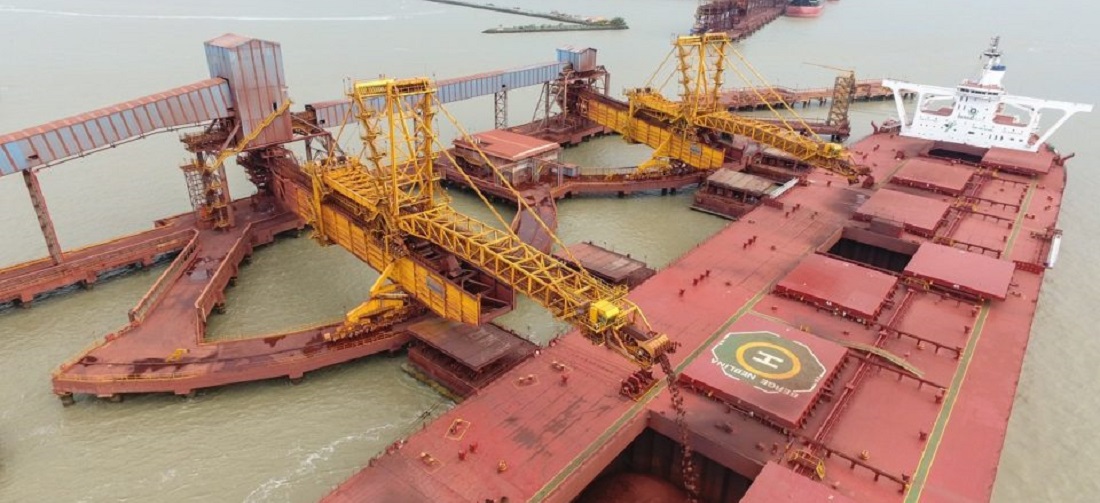
New private terminals are expected to draw BRL 9.5 billion in investment
Feb, 18, 2022 Posted by Gabriel MalheirosWeek 202207
Private ports may reach the end of the year with an investment portfolio of R$9.5 billion in new terminals. At least 16 Private Use Terminals (TUPs in Portuguese) will be approved by the National Waterway Transportation Agency (Antaq) in 2020, according to studies conducted by the Association of Private Port Terminals (ATP). In 2021,14 applications were granted, with an estimated investment of R$ 1.6 billion.
The participation share of private terminals has grown since 2013, when the new port regulatory framework came into force. In 2021, private terminals handled 801 million tonnes, which is equivalent to 66% of all cargo handling in the country, according to data from Antaq’s statistical yearbook.
TUPs are placed outside the jurisdiction of organized ports and, therefore, have more flexibility than leased terminals in public areas.
“When an investor decides to build a private terminal, their operations are not dependant on the government decision to bid for a lease. However, there are complicating factors. For example, the investment is all ours, and so are the risks, the environmental licensing, etc.,” explains ATP president Murillo Barbosa.
One of the large projects awaiting authorization from Antaq is Nordeste Logística’s Nelog Port Terminal, located in the Pecém district, in Caucaia (CE). The project comprises an area of 83.5 hectares and a total investment of R$ 2.35 billion.
Considering recently-authorized projects, Barbosa highlights investments in the so-called Arco Norte, the region above the 16°S parallel, which covers terminals in Brazil’s North and Northeast regions. Out of the 14 contracts authorized in 2021, 9 belong to the area. “Grain production is moving northward, heading towards the north of Mato Grosso. Moreover, with the BR-163 highway and the establishment of the Ferrogrão railroad, private parties will make increasingly greater investments,” he explains.
“The growing investments in logistics and infrastructure in the Arco Norte region are strategic to the country, which will provide better navigability on the Amazon River, essential to the flow of grain for Brazilian exports,” comments Barbosa. According to him, the sector also benefits from the new railway legislation, which helps transport cargo to the terminals.
Several privatizations of public ports accompany the increase in the number of TUPs. For the first time, the government planned to privatize the administration of organized ports in 2022. The Espirito Santo Docks Company (Codesa), which manages the ports of Vitória and Barra do Riacho, will be the first to be auctioned.
Despite the favorable economic climate for private ports, industry leaders are concerned about the termination of the Tax Regime for Incentive to Modernization and Expansion of the Port Structure (Reporto). The reinstatement of the regime was planned in the bill that founded the BR do Mar, but it was vetoed by President Jair Bolsonaro (PL) during the text’s approval in January.
Source: Gazeta do Povo
To read the full original article, please go to:
-
Other Logistics
Apr, 22, 2024
0
Government invests R$ 293.8 mln in expanding Nova Avanhandava Canal
-
Ports and Terminals
Sep, 13, 2023
0
Cosan advances project to build port terminal in Maranhão
-
Shipping
Aug, 19, 2019
0
Government plans cabotage provisional measure
-
Ports and Terminals
Oct, 18, 2023
0
Portonave and Mada Await Decision in Itajaí Port Lease Contention

